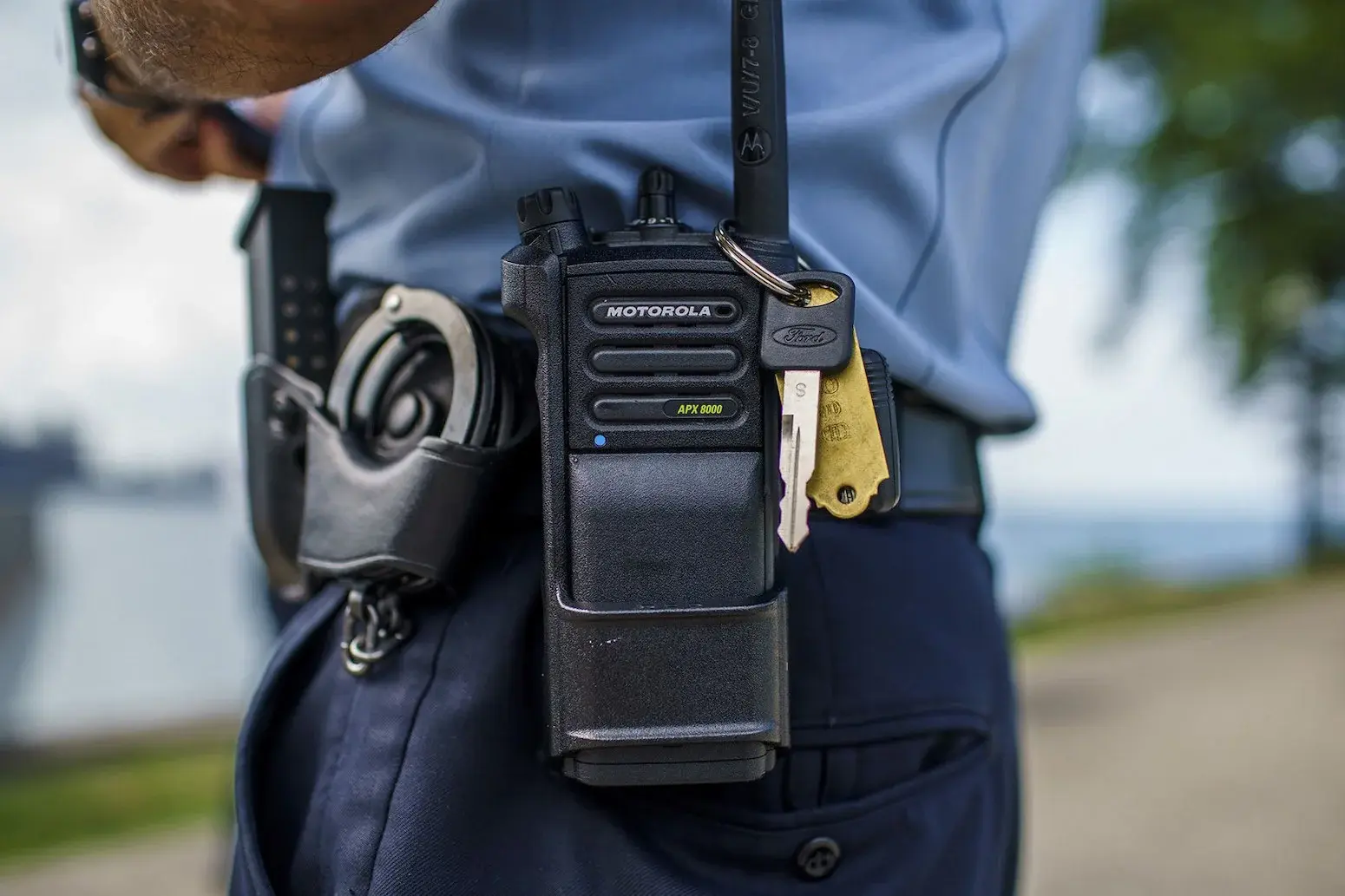Encrypting police radio transmissions has become increasingly common nationwide. In fact, the Radio Television Digital News Association (RTDNA), the largest professional organization dedicated solely to broadcast and digital journalism, has said that radio encryption is the foremost concern among its members. “[T]he consequences of encryption prevent the public from accessing information about the activities of police in real-time. These communications provide individuals and newsrooms with essential updates on issues happening in their communities such as violent crime, hazardous conditions or officer-involved shootings,” Dan Shelley, the president and CEO of RTDNA, wrote in January 2023. “The move to encrypt police scanner communications puts the public — and the newsrooms that serve them by seeking and reporting the truth — at risk.”
Press freedom advocates say that this surge in encryption can be traced back to the heightened scrutiny and demand for police accountability spurred by the Black Lives Matter (BLM) movement in 2020. Following the BLM protests in 2020, during which citizens monitored police scanners and documented racist remarks made by law enforcement over radio frequencies, police departments nationwide introduced encryption protocols for routine police communications.



I’ve been around a minute and the police radios have undergone steady technological shifts just like everything else. What started as straight analogue radio with some special channels started moving to digital by the mid-90s, by the mid '00s digital had frequency hopping and by the mid '10s the latest versions of police radios got encryption by default as it became so easy to do and the radio manufacturers added it to serve multiple markets.
Every step in the evolution broke the previous gen radio scanners but that wasn’t the point, the point was to get better audio quality, more channels, reduce radio interference, add the bandwidth that the MDTs needed, and finally to secure the comms of the MDTs.
Without encryption anything going through the MDT can be “read” and you’d expose the full details of personal data to everyone in signal range for every single traffic stop. Name, Address, DL #…all of it. On top of that the way that many of these systems work is that the radio the officer is talking to when they get out and walk around is actually being relayed through their car so the same system that allows the MDT to work is also being used for voice.
DO the police try and hide their comms? Absolutely they do but that isn’t why their radios have encryption. In fact the first sentence of the article contradicts the headline when it talks about both Aurora and Denver getting encryption before 2020, which is when the article claims this started.